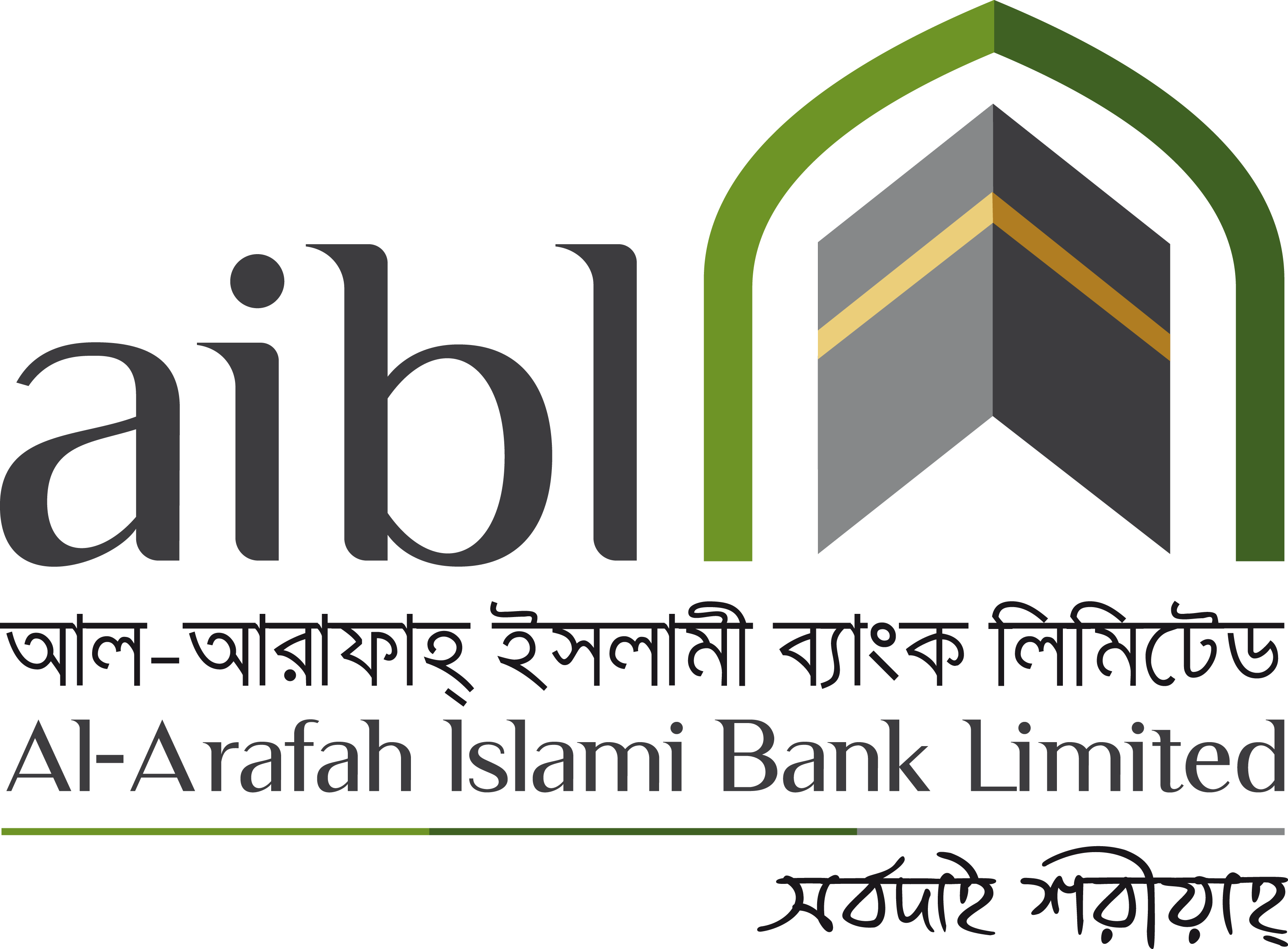

















Everything you need to know about the ICPC Asia Dhaka Regional Contest 2025
The ICPC Asia Dhaka Regional Contest 2025 is a prestigious programming competition that brings together the brightest minds from universities across Asia. Teams of three students work together to solve complex algorithmic problems under intense time pressure.
This year's contest will be hosted at Bangladesh University of Business and Technology (BUBT), providing an excellent opportunity for students to showcase their programming skills, teamwork, and problem-solving abilities.
Exactly 3 members per team
5 hours of intense coding

Each team is provided with exactly one computer. All team members must work together on the same machine.
Teams are allowed to bring printed reference materials, but electronic devices are strictly prohibited.
Internet access is restricted during the contest. Teams must rely on their knowledge and printed materials.
December 15, 2024
December 20, 2024
January 10, 2025
8:00 AM - 9:00 AM
9:30 AM - 2:30 PM
4:00 PM - 6:00 PM
Each team will be provided with a high-performance computer equipped with the latest development tools and programming languages. The environment is designed to ensure fair competition and optimal performance.

Number theory, combinatorics, and mathematical logic
Graph algorithms, dynamic programming, and optimization
Trees, heaps, and advanced data structure manipulation
Complex problem implementation and optimization